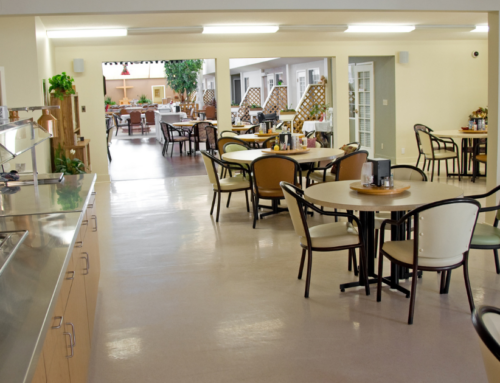Heart disease is the most common condition in the US, accounting for billions in healthcare spending, nearly 1 in every 4 reasons cardiovascular patients are readmitted include poor nutrition, medical oversight, and mobility limitations – all of which can be addressed with the support of in-home care.
Here are five ways Family Resource can help:
- Post-hospitalization, caregivers can provide support in the home for a few hours a day up to 24-hours, ensuring safety, monitoring vital signs and changes in weight or condition, and note symptom exacerbation in the crucial days after an acute stay.
- Companion and respite care help support social determinants of health, enhancing recovery and reducing stress.
- Care plans are personalized for each client according to their unique medical needs. Because caregivers have frequent interactions with clients, they can readily spot changes in condition and encourage the patient to seek medical care.
- Medication management and compliance, preparing meals in accordance with the clinically ordered nutrition plan, as well as adherence to lifestyle modifications such as dietary and exercise programs are crucial functions that a caregiver can provide.
- Lack of follow-up care often leads to exacerbation of symptoms and re-hospitalization. Transport allows patients to safely get to doctor visits, outpatient therapy, or infusion and pharmacies.
Limit disease progression, prevent hospitalization or re-admission, and reduce unnecessary phone calls and provider visits for those with heart disease by looking for these signs that home care is needed:
- Difficulty managing medications, using diuretics effectively or monitoring weight, resulting in frequent interventions, office calls, and visits.
- Weak or symptomatic with minimal activity, issues with self-care or mobility.
- Poor adherence to dietary plans or exercise regimens and energy conservation programs.
- Unable to access follow-up care or lack transportation or therapy visits.
- Family is challenged in managing care of their loved one, low health literacy, or conditions such as memory concerns or dementia.
Have questions? Call or Contact Us anytime. Assessments are free and care can typically begin within 24-hours.






